The government will never agree to Poland being forced to take in a certain number of migrants, the leader of Poland's ruling Law and Justice (PiS) party said, adding that the issue should be put to a referendum.
This question must be put to a referendum which we will organise,
Jaroslaw Kaczynski said during a debate on the European Union's migrant relocation scheme held in the Sejm, lower house of parliament, on Thursday.
The debate was held on the draft resolution submitted by PiS on the EU's illegal migrant relocation scheme.
The EU Justice and Home Affairs (JHA) Council, composed of the interior ministers of EU member states, approved a new migration and asylum pact last week. Under the draft regulation, EU members will have to admit an initial quota of 30 thousand migrants from the Middle East and Africa to help countries that bear the brunt of migration, such as Greece and Italy, or pay about 22 thousand euros in penalty per non-admitted migrant.
Poland and Hungary were against the new rules, but they were outvoted and the council approved the new scheme.
Poland's hosting of Ukrainian war refugees was a very important factor in drafting this resolution, Mr Kaczynski pointed out.
One could say that we have admitted several million refugees, including 1.5-2 million who have remained in our country for good,
Mr Kaczynski said, adding that multiplying their number by 22 thousand euros [to be paid in financial penalty] per non-admitted migrant would give Poland 20-30 billion euros.
What we currently receive in assistance is about one hundred euros per refugee. This is a joke and an example of extremely outrageous discrimination. Keep in mind that we will organise this referendum. The Polish people must decide on this issue,
the governing party's leader concluded.
The new rules reignited the debate over migration laws that took place in the wake of the migrant crisis in 2015, when some EU countries, including Poland and Hungary, refused to approve mandatory resettlement quotas, prompting the European Commission to launch EU infringement proceedings against both countries. The pact has not yet been debated in the European Parliament.
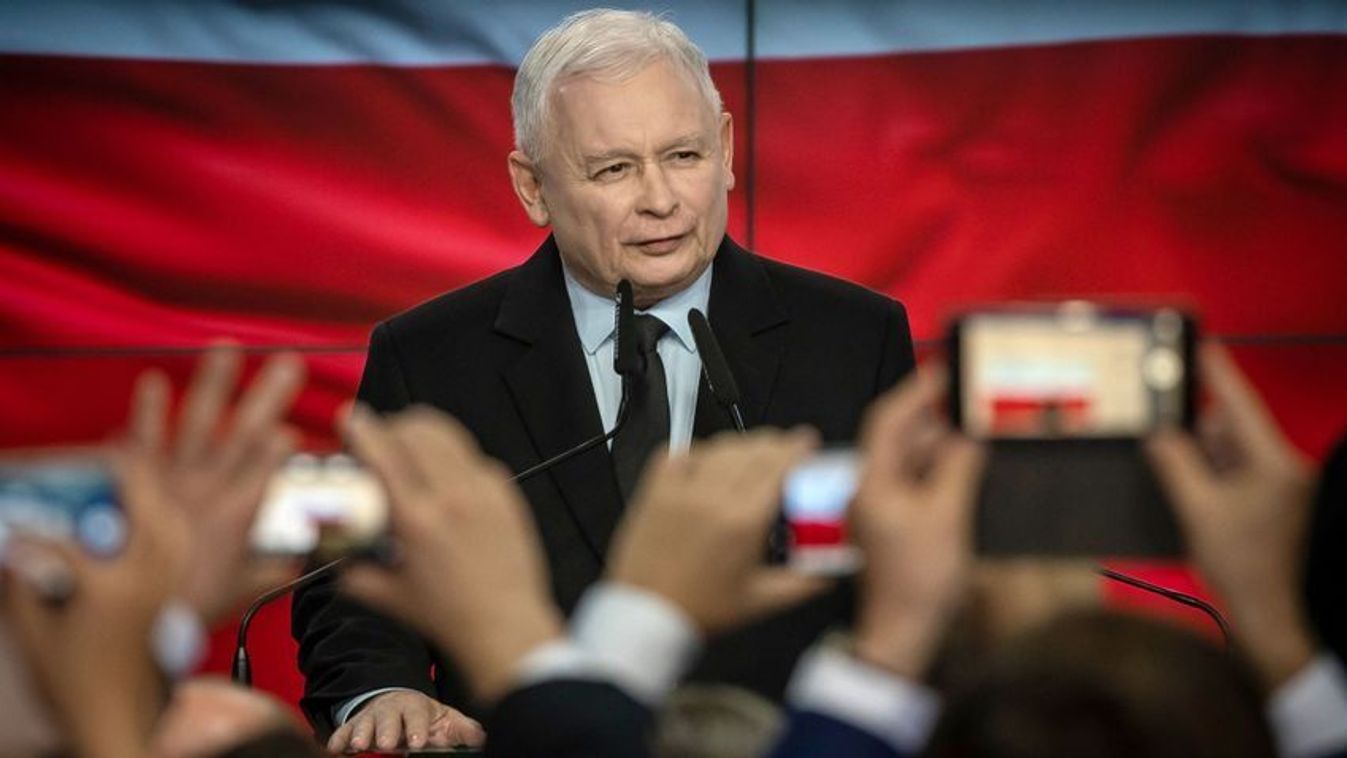






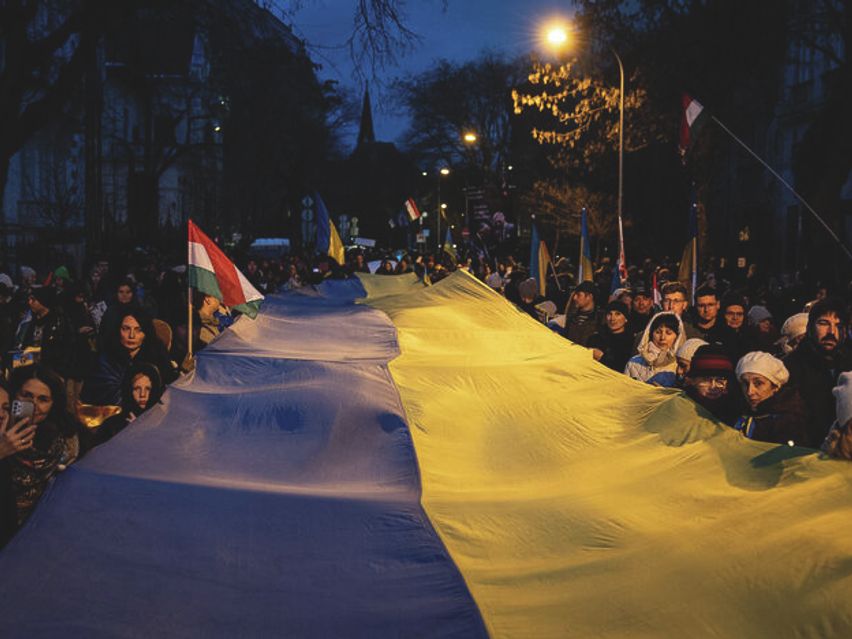
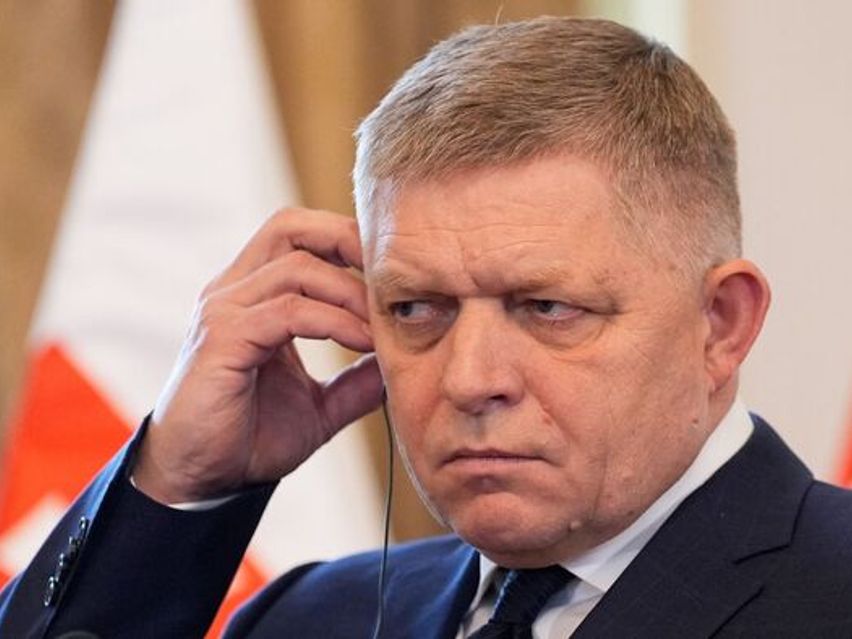


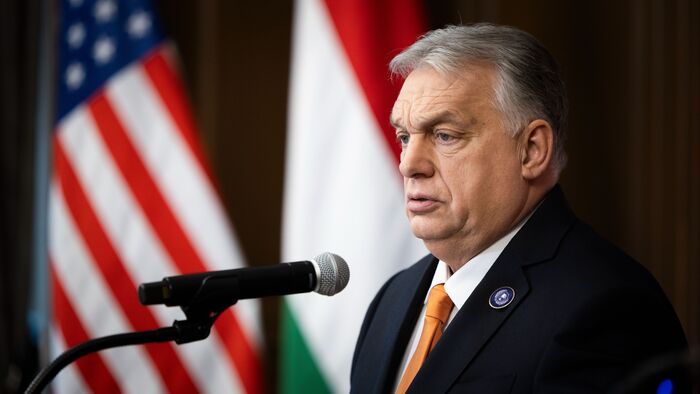

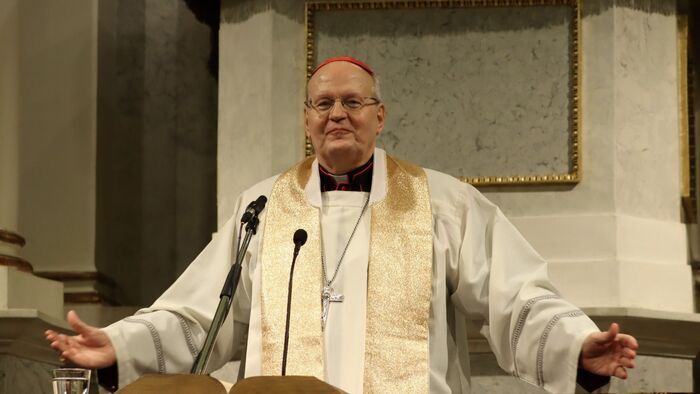

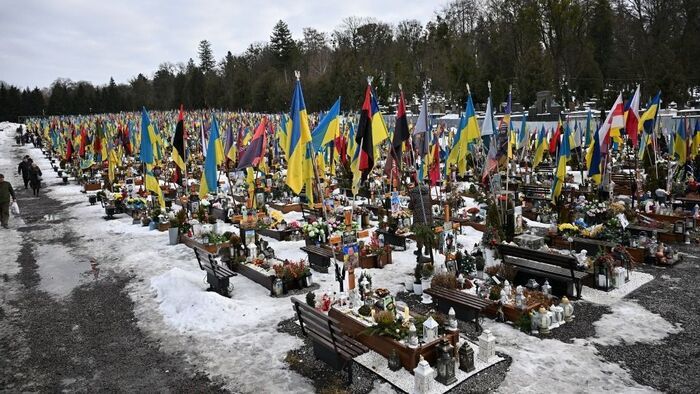
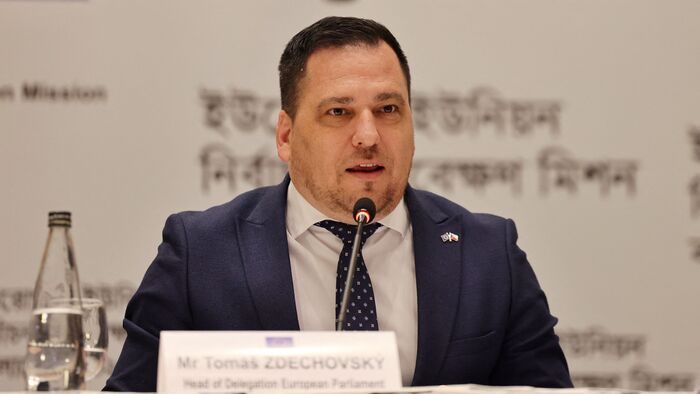
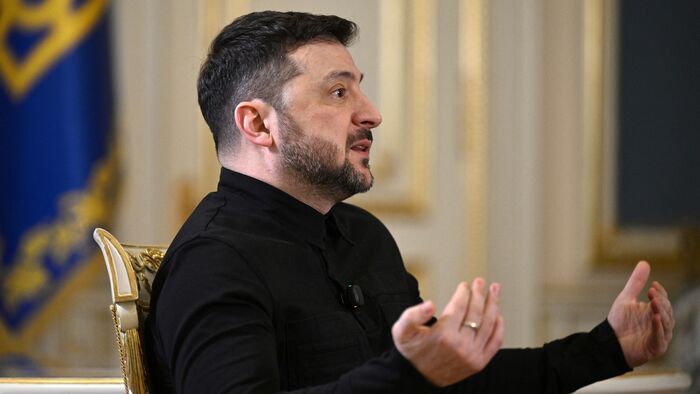





Szóljon hozzá!
Jelenleg csak a hozzászólások egy kis részét látja. Hozzászóláshoz és a további kommentek megtekintéséhez lépjen be, vagy regisztráljon!